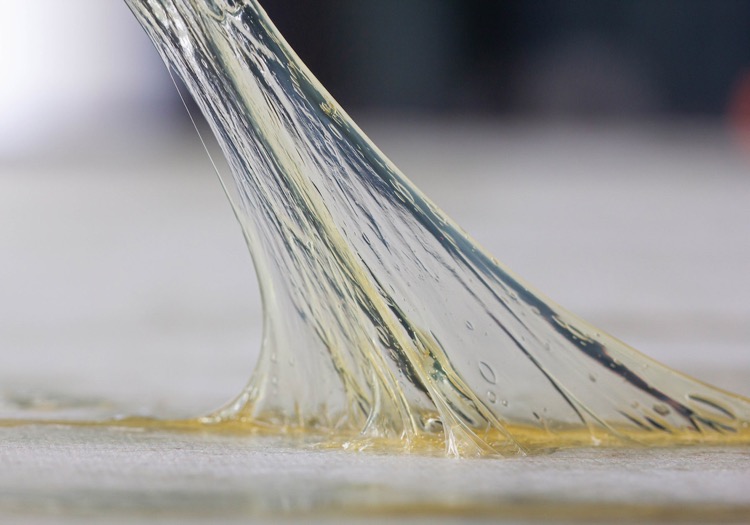BEDFORD – Massachusetts-based biotechnology innovator Conagen is introducing debondable hot melt adhesives made from sustainable and natural bio-molecules.
Grades of hot melt adhesives are employed in many industries ranging from absorbent hygiene products (AHPs) to advanced composites.
“Conagen has solved the challenges manufacturers face in seeking strong structural adhesives that are long-lasting, perform strongly, but also have the option for breaking the adhesion before final finishing operations to deliver perfect products,” said J. McNamara, the company’s vice president of chemical applications. “Conagen’s patented debondable hot melt adhesive are incredibly stronger than what is used in the market now and can outperform petroleum-based products with a sustainable advantage that saves time and costs and reduces waste “The unexpected boost in performance comes from Conagen’s fermented ingredients already at full industrial scale We are open to discussing commercialisation opportunities with manufacturers who are interested in a new era of performance materials.”
Adhesives offer many advantages in joining materials, including the ease of use compared to welding, sealing, distributing stress and environmental resistance. If there are imperfections in the bond, the glued products are thrown away because they cannot be unglued, resulting in time and material waste.
Today, most reactive hot melt adhesives rely on post-curing chemistry to develop adhesive strength. A downside to this approach is the curing process is irreversible and, as such, hinders or prevents de-bonding almost entirely.
While the ingredients of Conagen’s hot melt adhesives are commonly found in nature, to develop sustainable debondable adhesives, the company leverages its precision fermentation technology to engineer a synthetic pathway independent of plant source materials, creating more efficient and sustainable bio-based ingredients than can be achieved with chemically-synthesized versions.
“The Conagen adhesive is a cross-linked material designed with reversibility in mind that exhibits the strength of traditionally cured adhesives with the added benefit of transitioning to a flowable material after heating,” McNamara said.
The adhesives market stood at $729.11 billion in 2019 and is projected to exhibit a CAGR of 5.3% between 2020 and 2027.
“Our adhesive formulation continues to show promise for bonding a wide array of materials, such as metal, plastic and glass,” said McNamara. “We’re making it easier for companies to adopt a more natural position in manufacturing while staying true to the long-lasting performance of their products.”
